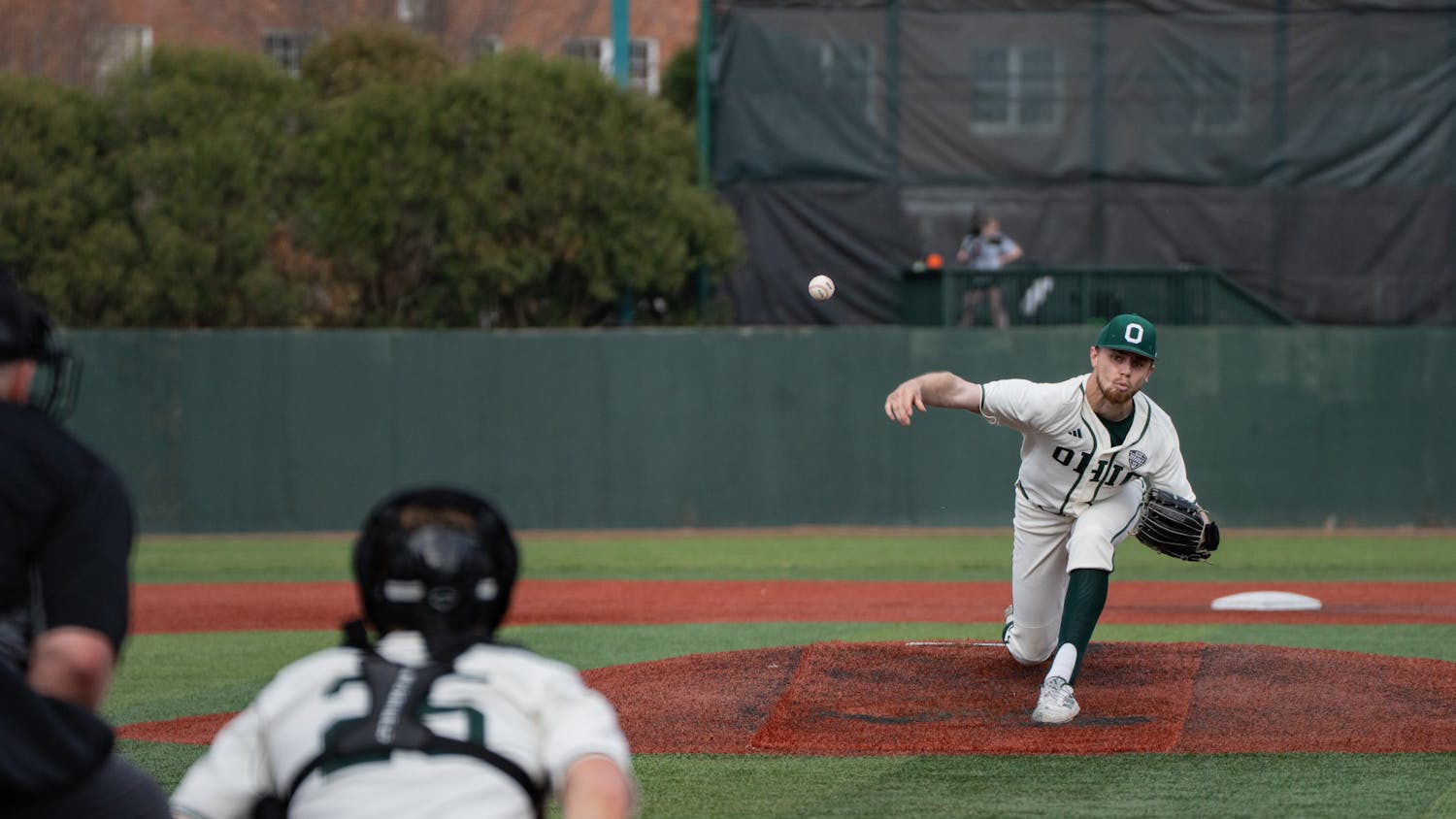My headphones are a daily necessity for me. I wake up to them on my desk, and they are either in my hand or in my backpack when they aren’t in my ears. I don’t think I’ve gone a day without them since I came to campus, and they’re with me regardless of where I’m going.
Although part of this habit is because I love the music I listen to, another less poetic reason I am so attached to my headphones is because of the social cues it offers as I go about my daily tasks like going to class or the dining hall. I’m not alone in this notion, either. When walking through campus, spotting a handful of students with headphones in would hardly be a challenge.
Technological advances and normalizations, like having headphones on in public, have changed how we interact with the world outside of our jobs and schools, and with that, our methods of human connection have drastically changed. Many of our habits, like scrolling on our phone when alone in public or keeping our headphones in, increase our isolation and contribute to diminishing our practical need for third places — a sociological term defined as a social environment different from the home or the workplace.
Third places offer socialization and cohabitation with others aside from family or productivity and include spaces like coffee shops, parks, bookstores, art studios and recreation centers. Third places offer a middle space to relax and find others with similar interests to connect with. Although many towns across the U.S. still have access to an array of third places, the relevance placed on them by society has changed with the development of technology.
Third places were originally coined by sociologist Ray Oldenburg. According to Oldenburg, third places are essential for neighborhoods to thrive.
Instead of visiting typical ‘third places,’ the internet now functions as a metaphorical third place and a platform to escape our home and work stressors, resulting in third places being less utilized than they once were decades prior. A lot of friendships are now sprouted through social media and the digital world through actions as simple as commenting on Instagram posts or reacting to a story post. Our need for connecting with others in real life feels much less important with those new norms.
The subtle methods of socializing that third places frequently rely on, such as waiting in line or forced small talk, are now avoidable with new forms of technology. With these quicker solutions now available, like ordering online or saving a spot in line via an app, streamlining and avoiding third places altogether is much more convenient when aiming for productivity or efficiency. However, this comes at the cost of human interaction.
This development has led to more difficulties when attempting to form strong connections outside of school or the workplace. That difficulty can be seen in the 7.1% of adults with social anxiety disorder, according to the National Institute of Mental Health. With technology now hindering interactions previously considered normal, bonding with someone at a bookstore over a shared favorite book or meeting a new friend at a yoga class is much less common. Instead, much of our social life is now rooted in productivity levels and careers with emphasized pressure on making friends with coworkers or classmates.
The era of making friends through shared spaces and activities is arguably over, and the streamlining and absence of third places in our daily lives is a huge contributor to this.
The development of technology is having a significant effect on our third space usage, which in turn is weakening our ability to make real connections with people outside of our work life. Our era of connecting through these spaces may be over, but remembering to take off my headphones occasionally when grabbing coffee or walking to class could potentially lead to new connections and experiences.
Disha Hoque is a freshman studying journalism. Please note that the views and opinions of the columnists do not reflect those of The Post. Want to talk more about it? Let Disha know by tweeting her @dishahoque05






